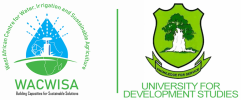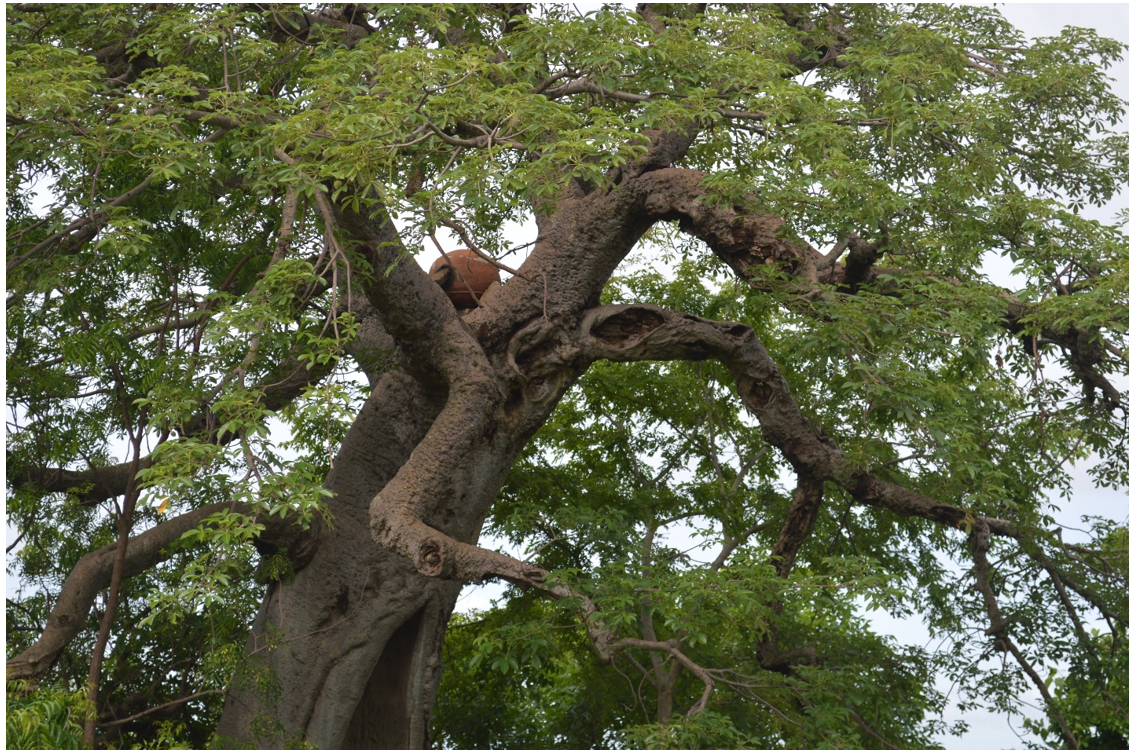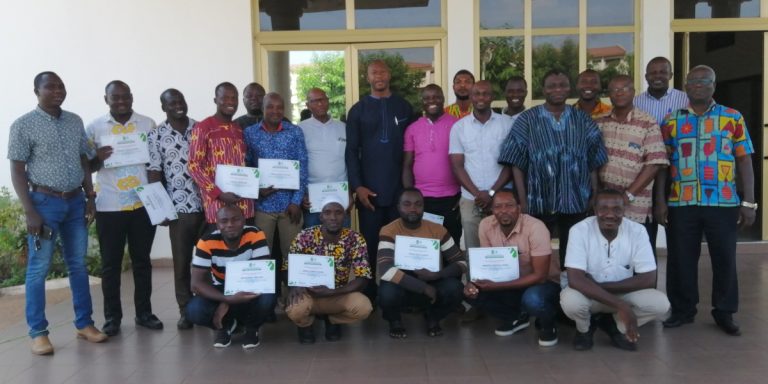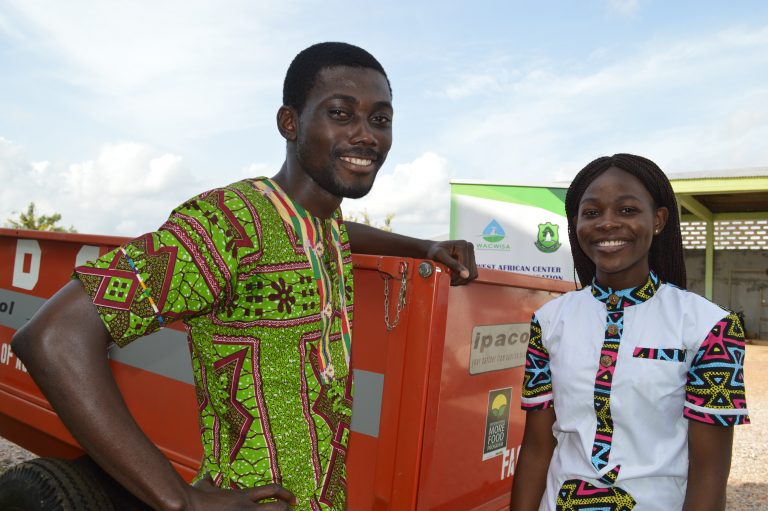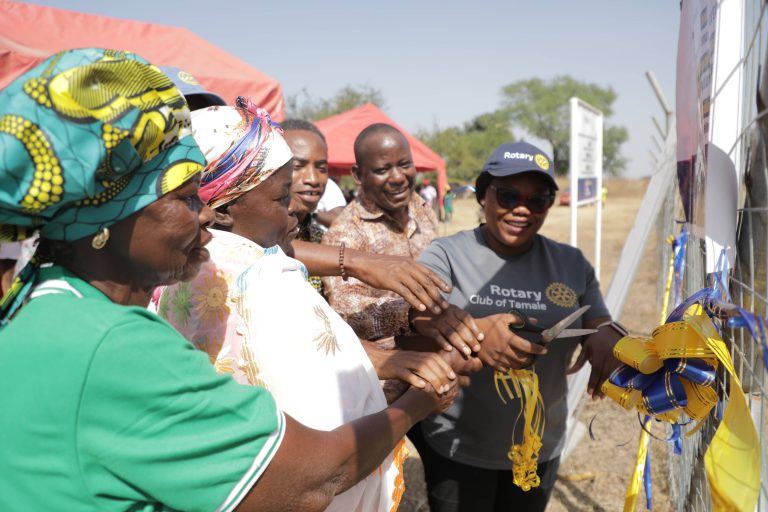The West Africa Centre Water, Irrigation and Sustainable Agriculture (WACWISA) of the University for Development Studies, Tamale, Ghana jointly with University Joseph Ki-Zerbo, Ouagadougou, Burkina Faso, Aarhus University, Denmark, University Norbert Zongo of 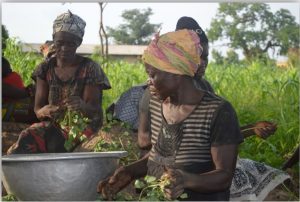 Koudougou, Burkina Faso and five (5) other private sector partners in Ghana, Burkina Faso and Denmark are implementing the five (5) year project “Climate Change Resilience of Ecosystem Services (CRES)”. The project which kick-started in April 2021 is funded by the Ministry of Foreign Affairs of Denmark and administered by Danida Fellowship Centre (DFC) and implemented in six locations in Ghana and Burkina Faso.
Koudougou, Burkina Faso and five (5) other private sector partners in Ghana, Burkina Faso and Denmark are implementing the five (5) year project “Climate Change Resilience of Ecosystem Services (CRES)”. The project which kick-started in April 2021 is funded by the Ministry of Foreign Affairs of Denmark and administered by Danida Fellowship Centre (DFC) and implemented in six locations in Ghana and Burkina Faso.
Nandom, Navrongo and Kumbungu are the selected project communities in Ghana whilst the selected communities in Burkina Faso include Kaya, Koudougou and Leo.
CRES aims to increase food and income diversity and climate change resilience of agricultural systems in West Africa.
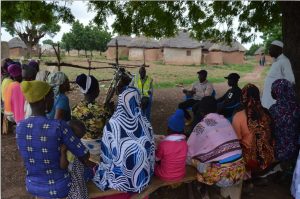 The project will be focusing on six (6) highly important, traditionally native multi-purpose trees with potentials to improve livelihoods of rural and urban communities. These species include baobab (Adansonia digitata), bombax (Bombax costatum), marula (Sclerocarya birrea), jujube (Ziziphus mauritiana), locust bean (Parkia biglobosa) and Lannea (Lannea microcarpa, Lannea barteri and Lannea acida).
The project will be focusing on six (6) highly important, traditionally native multi-purpose trees with potentials to improve livelihoods of rural and urban communities. These species include baobab (Adansonia digitata), bombax (Bombax costatum), marula (Sclerocarya birrea), jujube (Ziziphus mauritiana), locust bean (Parkia biglobosa) and Lannea (Lannea microcarpa, Lannea barteri and Lannea acida).
Activities to be undertaken by WACWISA include:
- Identify best varieties of the multipurpose trees for domestication, production and adaptation to climate change.
- Develop new drone-based method for mapping, characterizing and sampling these multi-purpose trees for domestication and management.
- Undertake community-based tree planting and carbon certification of 20,000 trees from the six (6) multi-purpose species.
- Carry out chemical analysis of products from the six (6) multi-purpose trees to determine new potentials and add value to products for industrial purposes.
- Economically empower local women and youth in rural and urban settings via value-added products of these species through workshops, seminars etc.
- Disseminate widely and improve policies on sustainability and climate change resilience through video production, homepage and social media in use for wide-ranging public propagation
- Build capacity in the research area through training of five (5) PhD students and at least six (6) masters students in Africa.
